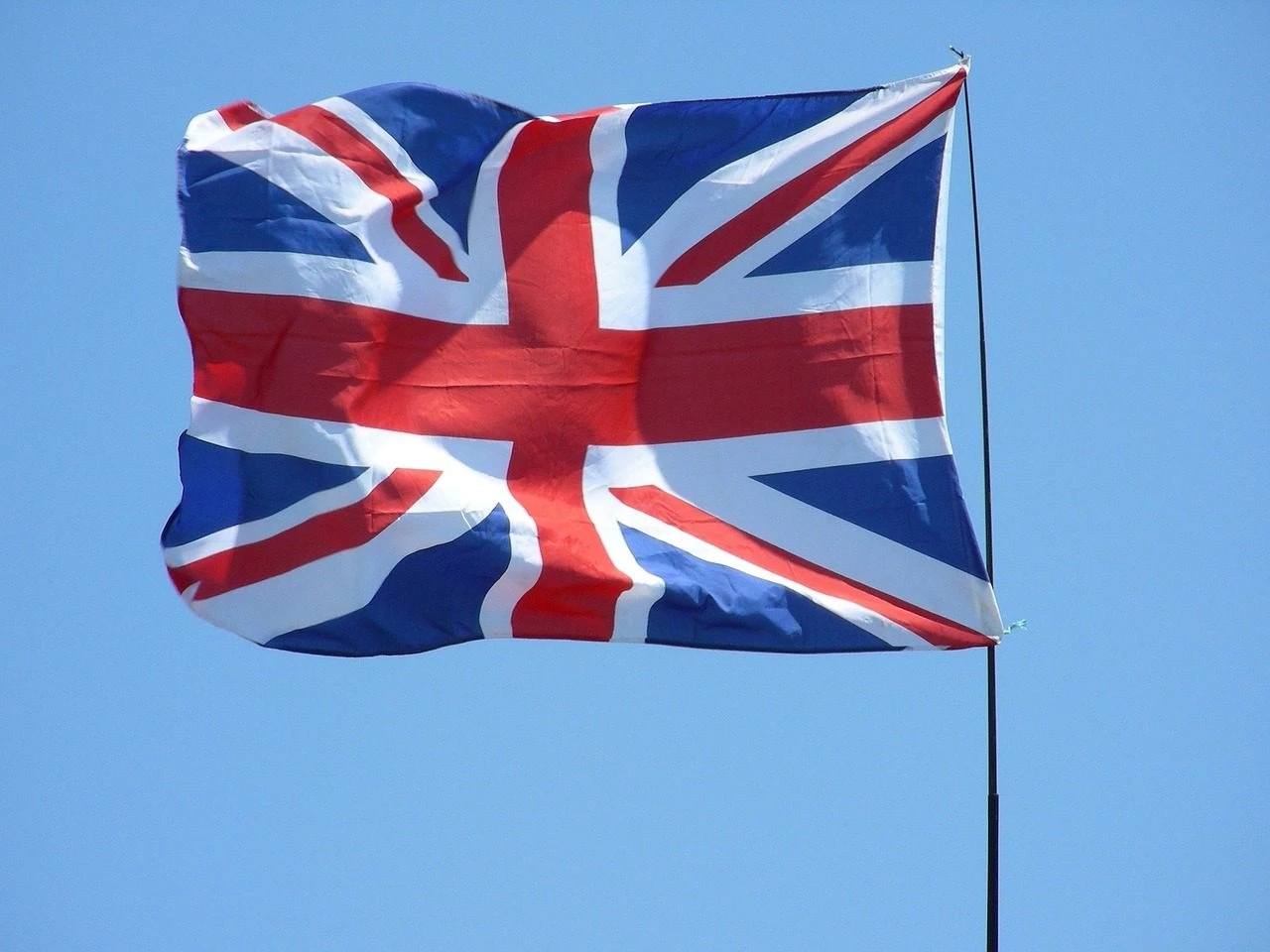GC hits back at APPG’s “not fit for purpose” claim

The British Gambling Commission has struck back at an All-Party Parliamentary Group (APPG) report which said it was “not fit for purpose”, dismissing the claims levelled at the regulator as “untrue”.
The APPG on Gambling Related Harm published its final report on online gambling yesterday, calling for strict new controls including a total prohibition of advertising and banning in-play betting online.
In addition, the APPG renewed its criticism of the Commission from an interim report released in November 2019 and called for a review of its capacity to regulate online gambling.
“It is our view that the Gambling Commission is not fit for purpose and we recommend an urgent review of the Gambling Commission and its capacity to effectively regulate the burgeoning online gambling industry,” the APPG said.
“The Government must commit further and more flexible funding for the Gambling Commission to enable it to cope with the growth in its responsibilities and there must be rigorous oversight as to how this is money is spent.”
However, the Commission – as it did in November 2019 – dismissed this criticism and pointed to some of the limits it has introduced, such as the credit card ban in April, as well as its ongoing work with industry working groups, as examples of how it has provided a check on the industry.
“We are committed to drastically reducing gambling harm and it is untrue to say that we are not fit for purpose,” it said. “We are making gambling safer through programme of tough enforcement and compliance activity and in the last two years we have strengthened protections including online age and ID verification, customer interaction, and in April we banned gambling on credit cards.
“Our recent work with the industry has seen strengthened online advertising rules to better protect vulnerable groups and later this week we will open a consultation on VIP practices. We will shortly be opening consultations on safer game design, along with further customer interaction measures including reverse withdrawals, which follows our strengthened guidance to operators as a result of novel coronavirus (Covid-19).”
In February, the National Audit Office (NAO) concluded that the Gambling Commission is “unlikely to be fully effective in addressing risks and harms to consumers” due to the funding disparity between the regulator and some of the businesses it regulates. The Commission said it is working with the Department of Culture, Media and Sport (DCMS) in order to address this funding issue.
“Earlier this year we welcomed the NAO’s assessment of Gambling Regulation and are pleased it recognised our work in making gambling safer. That report also recognised that we face the significant challenge of regulating a dynamic and developing industry. It also underlined the constraints that our current funding arrangements presents and we are currently working with DCMS to address our fees structure.”
Meanwhile, industry body the Betting and Gaming Council pointed to its own record of introducing changes to boost player protection, such as the commitment of its five largest members to spend £100m (€111.4m/$125.4m) on improving treatment services for problem gamblers in the UK, announced yesterday.
“Since the BGC was formed as the standards body last year, we have driven a number of significant changes across the industry – from advertising restrictions, encouraging deposit limits, monitoring play and spend so we can intervene to prevent customers getting into difficulties, closing online accounts, introducing strict new ID and age verifications, implementing the ban on credit cards and massively increasing funding for research, education and treatment,” a BGC spokesperson said.
“We are committed to making even more changes and to driving up safer gambling standards further, and we look forward to working with the Government on their forthcoming Review.
However, the spokesperson added that they felt some people would not be happy until gambling was prohibited and warned that overly strict measures may lead to players moving to unlicensed operators.
“There will always be people who are anti-gambling and prohibitionists who are not interested in the fact the regulated industry supports over 100,000 jobs and pays over £3 billion in tax,” the spokesperson said.
“But we have to avoid measures that could drive people away from gambling safely with online companies who operate in what is rightly already a heavily regulated market, to instead gambling online with unregulated, offshore, black market, illegal operators that don’t conform to any standards or safeguards to protect problem gamblers and the most vulnerable”.
Despite the response from the BGC and Gambling Commission, polling by those pushing for regulatory restrictions claims the general public appears to support for the measures set out by the the APPG. A poll commissioned by Clean up Gambling, a new advocacy group for gambling regulatory reform founded by Matt Zarb-Cousin and Derek Webb, found that 43% were of the opinion that there were insufficient safeguards currently in place in gambling.
In addition, deposit limits were supported by 82% of respondents, with 44% calling for a limit of £49.99 or less. Meanwhile, 55% called for a limit of £4.99 or less on individual stakes.
